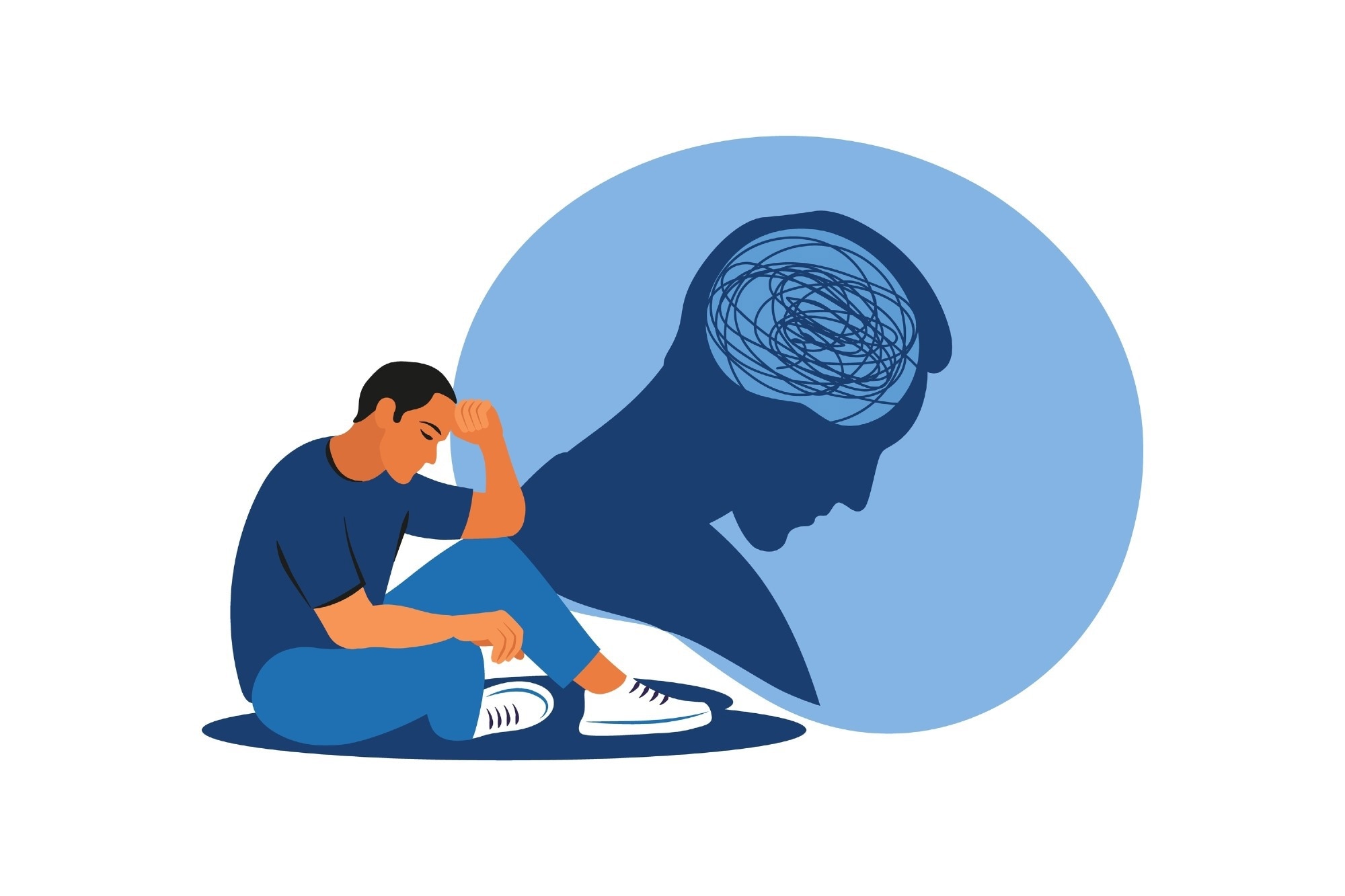Attention-deficit/hyperactivity disorder (ADHD), which causes affected individuals to be impulsive, hyperactive, or inattentive, is typically treated with medications and psychosocial measures. Treatment is associated with numerous benefits, such as reduced suicidal ideation and depression, fewer accidents and inadvertent injuries, as well as better long-term employment statistics.
 Study: Attention-deficit/hyperactivity disorder medications and work disability and mental health outcomes. Image Credit: Alena Kalincheva / Shutterstock.com
Study: Attention-deficit/hyperactivity disorder medications and work disability and mental health outcomes. Image Credit: Alena Kalincheva / Shutterstock.com
ADHD and stimulants
While ADHD medications include both stimulants and non-stimulants, stimulants used to treat ADHD have been reported to improve the level of functioning and quality of life. Short-term trial meta-analysis data indicates the first choice of ADHD stimulants in adults is amphetamine, whereas methylphenidate is often used for treating adolescents and children.
More research is needed to determine the long-term safety of these therapeutics, particularly in regard to their ability to increase blood pressure and heart rate, cause seizures, and trigger psychosis or mania. Moreover, whether these agents continue to be effective over time remains unknown.
To date, little research has elucidated the efficacy of these stimulants in reducing work disability. Work disability is defined as absence from work due to sickness, with or without a disability pension.
About the study
The current Swedish study obtained data from national registries of inpatients and outpatients and those who took medical leave or obtained disability pensions. Over 221,700 individuals between 16 and 65 years of age with a diagnosis of ADHD were included in the study, 55% of whom were male with a mean age of 25 years.
Psychiatric and non-psychiatric hospitalization rates, suicides and attempts, and work disability were assessed, as well as measures of long-term outcomes in ADHD patients on medication.
Study findings
Among the most common medications for ADHD were methylphenidate, which was prescribed to about 70% of patients, followed by lisdexamphetamine, which was used by 35% of patients.
The mean follow-up period was seven years. Over 25% of treated individuals were hospitalized for psychiatric illness during the follow-up period.
The risk of hospitalization for psychiatric illness was reduced by 25% and 20% with amphetamine and lisdexamphetamine treatment, respectively. Amphetamine appeared to be more effective in adults, whereas dexamphetamine was more effective among adolescents and young adults.
Other drugs with a favorable but smaller effect included combinations of ADHD drugs, with a 15% reduced risk, and dexamphetamine and methylphenidate, with a reduction of approximately 10% each. Methylphenidate was associated with increased effectiveness among the younger age groups; however, this medication was not associated with any discernible benefits in adults.
The lower effectiveness of methylphenidate in adults could be due to the temporal reduction of efficacy with long-term use, as this drug is typically used as a first-line treatment.
Drugs like modafinil, atomoxetine, clonidine, and guanfacine did not show any association with hospitalization risk. No drug was associated with a greater risk of hospitalization for reasons other than psychiatric.
In contrast, some drugs or combinations, including amphetamine, lisdexamphetamine, polytherapy, dexamphetamine, methylphenidate, and atomoxetine, were associated with a lower risk of non-psychiatric hospitalization.
Other favorable outcomes associated with dexamphetamine, lisdexamphetamine, and methylphenidate included a reduced risk of suicidal behavior by 30%, 25%, and about 10%, respectively. Suicidal behavior was 20% more common in individuals treated with atomoxetine, which is a non-stimulant drug that may be prescribed when stimulants are contraindicated or the patient is unwilling to use stimulants.
ADHD individuals prescribed atomoxetine reported about 10% less disability than those not on this drug. This was particularly notable among patients 29 years of age and younger who had a 20% reduced risk of work disability. This effect was more significant among males at 15%, whereas its effects were insignificant among females. Methylphenidate produced similar but weaker effects at 10% in the same population.
Atomoxetine may be prescribed for individuals with less severe ADHD, which explains the lower work disability in this group. Importantly, stimulant-associated adverse effects could also be present, which may negatively impact the work ability of those prescribed these medications. Alternatively, individuals with ADHD may have reached the point of work disability before the study began.
What are the implications?
The current study is the first to examine individual medications for their effectiveness in ADHD. Overall, a positive association was observed between medications like amphetamines and methylphenidate and psychiatric outcomes. The risk of cardiovascular disease or events, seizures, and unintentional injury appears to decrease on ADHD medication.
ADHD medication use can reduce morbidity in adolescents and adults with ADHD.”
Journal reference:
- Taipale, H., Bergstrom, J., and Gemes, K. (2024). Attention-deficit/hyperactivity disorder medications and work disability and mental health outcomes. JAMA Network Open 7(3);e242859. doi:10.1001/jamanetworkopen.2024.2859